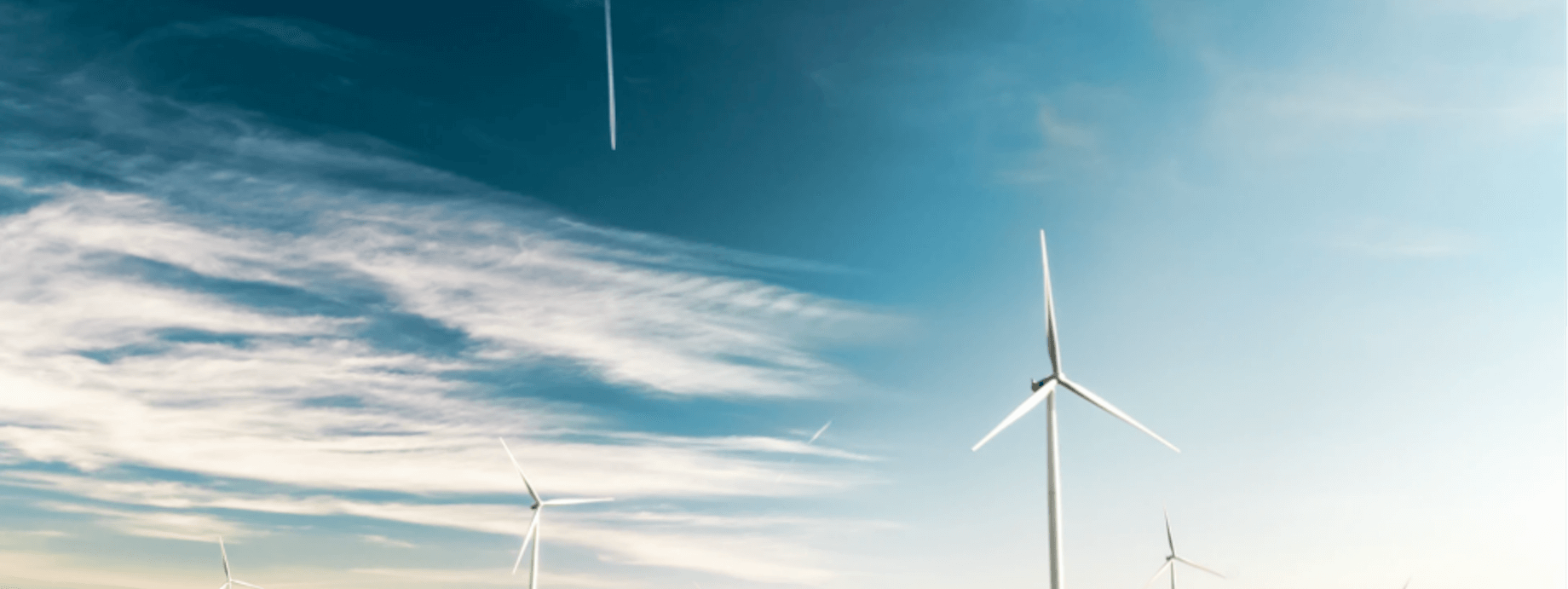What you need to know
Submissions regarding the draft Hydrogen and Renewable Energy Bill (“the Draft Bill”) which, if passed, would introduce a new Hydrogen and Renewable Energy Act (“the Act”) in South Australia, are open until midday on 26 June 2023. There is still time to make a submission.
What we now know
Since the release of the Draft Bill for submissions, the South Australian Department for Energy and Mining has been providing briefings to interested stakeholders. In addition, we have been working through a number of aspects of the Draft Bill with potentially affected project owners and developers. As a result of this engagement, some issues that may warrant further attention include:
1. Application of renewable energy regime to freehold land:
One of the key objects of the Draft Bill is to provide a clear and fair process for access and tenure for renewable energy projects over Pastoral Lease land and State waters. Whilst the Draft Bill sets out a sensible scheme involving a licence granted as the result of a competitive tender process in respect of Pastoral Lease land and State waters identified within “release areas”, the Draft Bill also applies the licensing regime to projects undertaken on freehold land (with the difference being that licences over freehold land do not provide tenure, which must be separately agreed with the landowner).
What may require further consideration is how to apply this licensing regime to projects on freehold land, given that licences are granted prior to the assessment of the environmental impacts of the proposed infrastructure. We anticipate that the proposed licensing process will be problematic for projects on freehold land, both in terms of relevant matters to be taken into account, and from the perspective of the community, which has been accustomed to there being a requirement for a rigorous planning assessment in respect of the suitability of a site before the grant of development authorisation.
2. Native title:
One of the objects set out in the Draft Bill is to enable engagement with Aboriginal people to ensure the regulatory framework maximises beneficial economic, environmental and social impacts and minimises adverse cultural and heritage impacts on Aboriginal people. However, the Draft Bill’s requirements as to timing of entry into an Indigenous Land Use Agreement (ILUA) are likely to have practical implications, as will its requirement for an ILUA in circumstances where the Native Title Act would otherwise provide for an alternative procedure.
3. Third party appeals:
The Draft Bill appears to allow any member of the public who is dissatisfied with an administrative decision under the Act (including grants and renewals of licences, and approval of operational management plans) to appeal that decision to the Environment, Resources and Development Court. This is a significantly broader appeal right than under the Mining Act 1971 (SA) and the Petroleum and Geothermal Energy Act 2000 (SA) (and existing approvals regimes that apply to renewable energy projects in South Australia). We understand that this is not the intended scope of the provision, and the Bill will be updated to exclude third party appeals.
4. Perpetual Lease land:
The Draft Bill has not included Perpetual Lease land in the definition of “designated land” that will be subject to the competitive tender process, and statutory licences that grant tenure directly. Whilst this land is legally owned by the Crown, in practical terms it is more like freehold land. Our view is that investment in projects on Perpetual Lease land would be better supported if tenure were to be granted by way of an interest that is registrable on the title to the land.
5. Transitional provisions:
The Draft Bill in its current form could benefit from greater clarity regarding transitional arrangements (if it is to apply to freehold land), including:
- whether existing renewable energy facilities will be exempt from the Act;
- application of the Act to new renewable energy project development in advanced stages of planning (for instance, projects with development approval that have not been constructed, and projects that are currently being assessed for development approval); and
- the process for granting exemptions under the Act.
6. Special Enterprise Licence (SEL):
An SEL will be available for hydrogen and renewable energy enterprises of major significance to the economy of South Australia. As this is proposed to be a licence of “last resort”, the Draft Bill in its current form could benefit from greater clarity regarding the threshold test to qualify for such a licence.
7. Provision of data:
The Draft Bill contains provisions that allow the Minister to require a licensee to provide data to the State that is “relevant to authorised operations”. We understand that the data required will include resource data, which is intended to be made public. At this stage, there do not appear to be exclusions for data that is confidential or of significant commercial value.
8. Regulations:
While the objects of the draft Bill are clear enough, much of the detail regarding practical application of the Act will need to be addressed in Regulations, which are still to be released for comment. We are expecting draft Regulations for review in the coming weeks.
What you need to do
If you would like to discuss how the Draft Bill may affect your renewable energy or hydrogen project in South Australia, or if you would like assistance preparing a submission regarding the Draft Bill, please contact our team:






